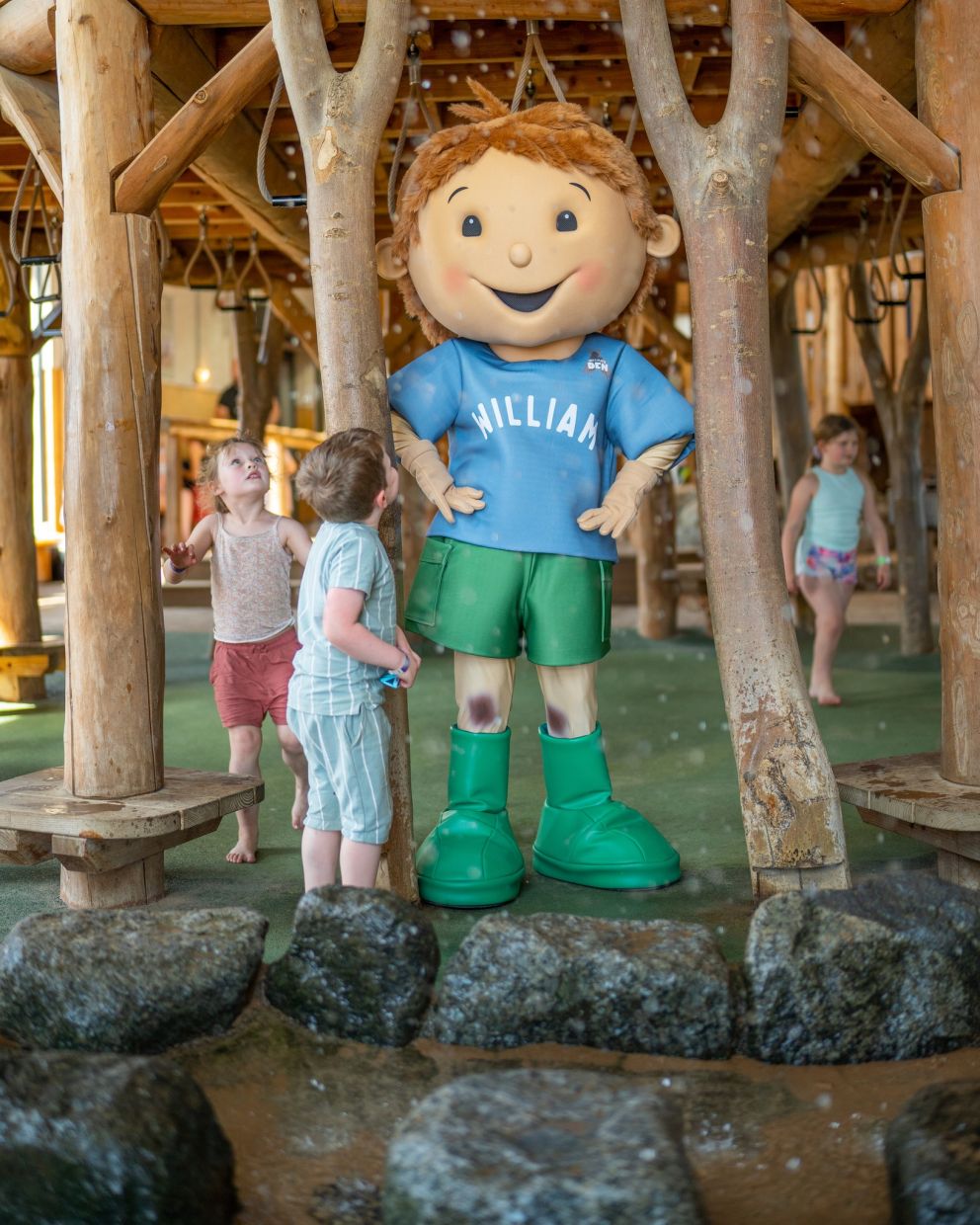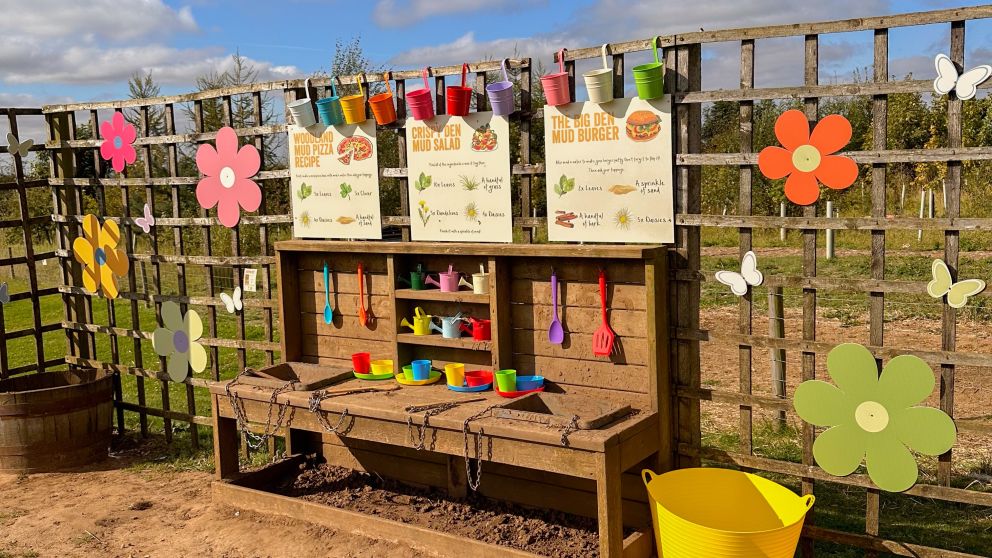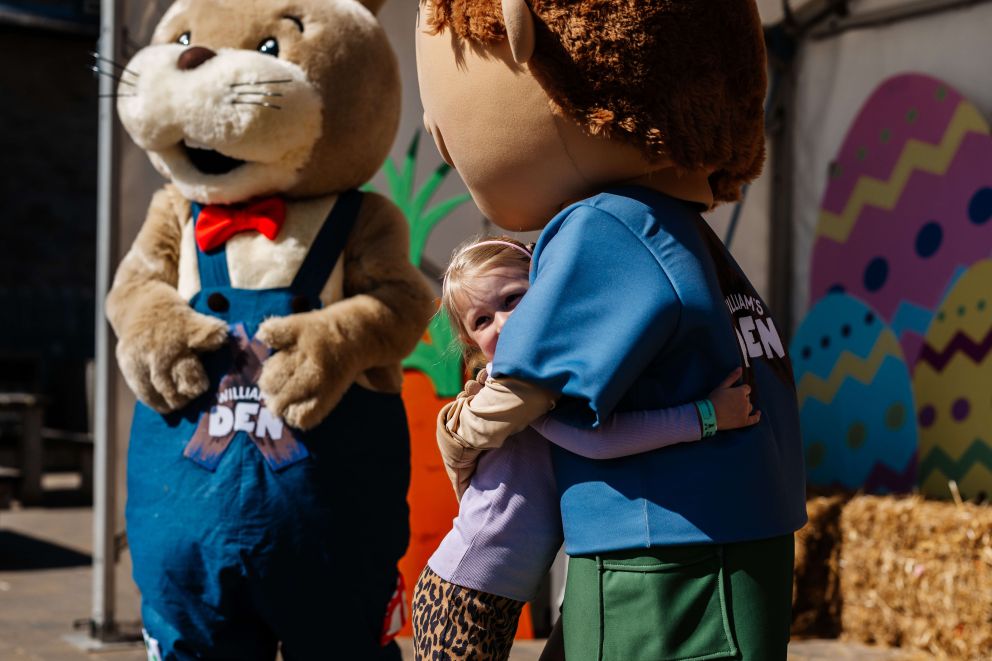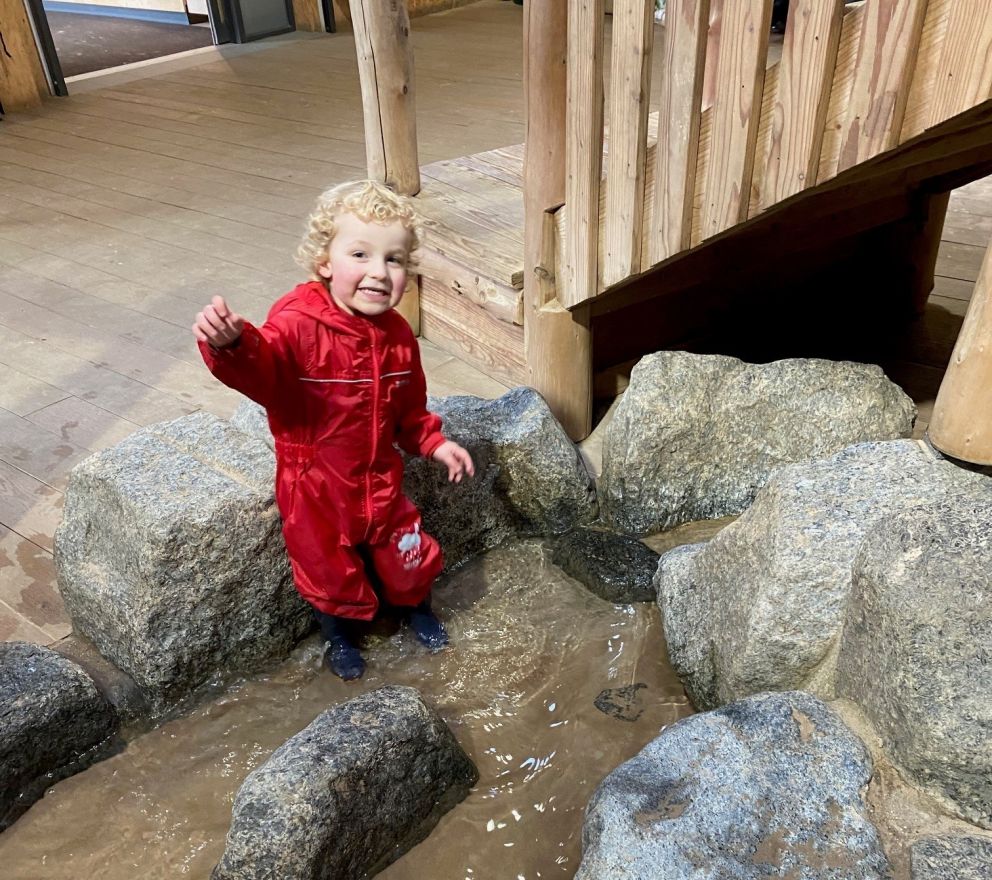The Benefits of Mud Kitchen Play for Children: Fun, Creativity, and Learning


Let’s dig into why mud kitchen play is so great for children…
1. Encourages Creativity and Imagination
A mud kitchen allows children to dive deep into imaginative play. Armed with nothing more than mud, water, and a few kitchen utensils, children create recipes, concoct imaginary dishes, and take on different roles like chefs, bakers, or explorers. This open-ended play promotes creativity, as kids explore new ideas and experiment with different textures, materials, and "ingredients."
Playing in a mud kitchen sparks the imagination as children mix dirt pies, leafy salads, or even “magic potions.” By giving them free rein to pretend and create, the mud kitchen fosters problem-solving, innovation, and a sense of curiosity skills that are invaluable as they grow.
2. Supports Sensory Development
Sensory play is a key part of early childhood development, and mud kitchen play offers a full sensory experience. Mixing soil, adding water, and feeling the squelchy mud between their fingers allows children to engage their sense of touch, while the sights, smells, and sounds of the natural environment stimulate other senses. These sensory experiences help children develop a greater awareness of their surroundings and improve their fine motor skills as they manipulate small tools and materials.
Exploring different textures like wet and dry mud, stones, leaves, and water also teaches children about nature's variability. This sensory exposure helps build their understanding of the world in a fun, hands-on way.
3. Enhances Social and Communication Skills
Mud kitchens are often enjoyed with others, making them a perfect tool for developing social and communication skills. When children play together, they engage in role-playing scenarios, negotiate over who will stir the “soup,” or plan out their culinary creations as a team. This cooperative play nurtures teamwork, turn-taking, and problem-solving while encouraging language development as they explain their ideas and express themselves through play.
Whether they’re role-playing restaurant scenarios or sharing their latest “recipe,” children learn how to articulate thoughts and engage with others in meaningful ways.
4. Fosters Independence and Decision-Making
Mud kitchens offer an unstructured play environment where children are in charge of their actions. They decide which ingredients to mix, what to build, and how long to engage in the activity. This sense of autonomy fosters independence, allowing kids to experiment freely without specific instructions or rules.
As they make decisions during play, children practice critical thinking and problem-solving. For instance, they may figure out how much water to add to get the right consistency for mud or decide which leaves make the best “garnish” for their dish. These small decisions help build their confidence and self-esteem.
5. Improves Physical Coordination and Fine Motor Skills
Mud kitchen play also provides a physical workout, helping children develop both gross and fine motor skills. Scooping, stirring, pouring, and mixing mud and water require coordination and muscle control. Whether they're using a ladle to stir a pot or shaping a mud pie, these actions help strengthen hand-eye coordination and dexterity.
Additionally, lifting containers, carrying water, and squatting to collect mud engage larger muscle groups, contributing to overall physical development.
6. Connects Children with Nature
In an increasingly digital world, mud kitchens help reconnect children with the natural environment. Spending time outdoors encourages children to appreciate the beauty and resources of nature while teaching them about the environment and sustainability. Engaging in outdoor play also allows kids to develop an affinity for fresh air, physical activity, and exploration, all of which promote a healthy lifestyle.
Mud kitchens offer an unstructured way to explore the world beyond screens and gadgets, helping children build a lifelong connection with nature.
7. Reduces Stress and Promotes Wellbeing
Outdoor play, especially in natural environments, has been shown to reduce stress and promote emotional well-being in children. The sensory nature of mud kitchen play has a calming effect, allowing children to become absorbed in the textures and motions of their activity. As they lose themselves in the creativity and fun, they often feel relaxed and centered.
This form of play offers children a chance to engage in “mindful” moments, where they can de-stress, explore their emotions, and engage in independent thought without the pressures of structured environments.
At William’s Den, our mud kitchen is more than just a place for messy play—it’s a space where children can explore, learn, and develop essential skills through hands-on fun. From creating imaginative mud pies to experimenting with natural materials, children engage in sensory-rich experiences that foster creativity, problem-solving, and independence.
Mud kitchen play also encourages social interaction, helping kids build communication and teamwork skills, all while reconnecting with the great outdoors. At William’s Den, we believe that learning and play should go hand-in-hand, and our mud kitchen offers the perfect opportunity for children to grow and thrive in a natural, open-ended environment.







 polar.shipwreck.rooster
polar.shipwreck.rooster